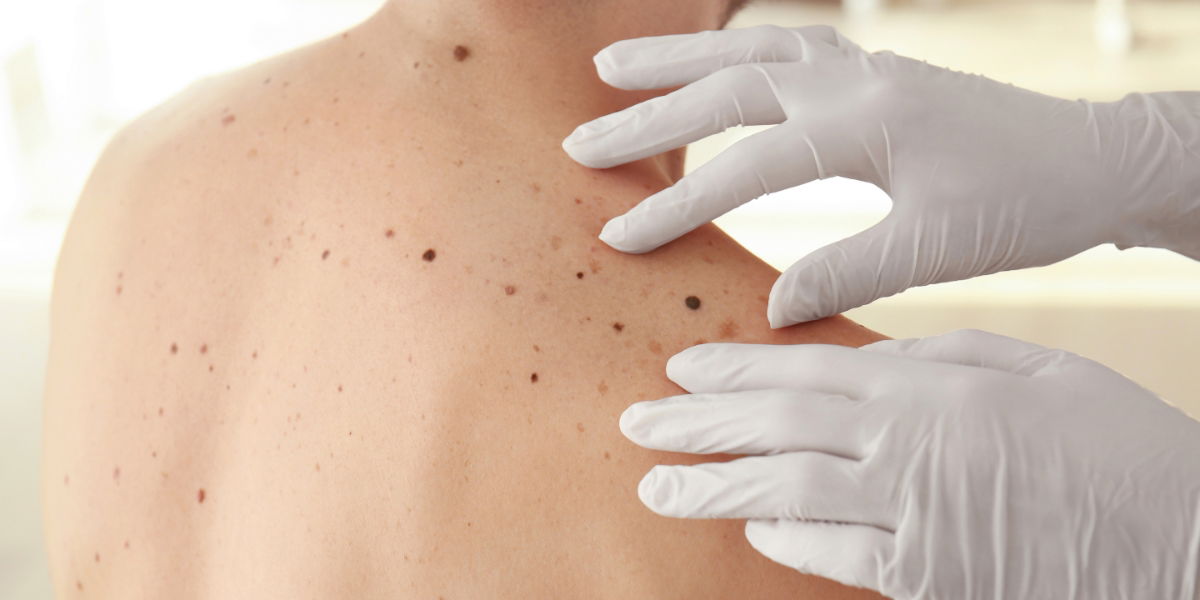
Hair loss and hair thinning are common cosmetic concerns for both men and women and can be caused by several intrinsic and extrinsic factors. While hair loss has been historically difficult to treat, advancements in medical technology have made treatments for this condition much more successful than in previous decades. Learn more about what causes hair loss and hair thinning, different types of hair loss, and what the most effective treatment options are.
Hair Loss vs. Hair Thinning
Hair loss, medically known as alopecia, refers to the partial or complete absence of hair from areas where it normally grows, such as the scalp. On the other hand, hair thinning, also called involutional alopecia, is characterized by a gradual reduction in hair density and thickness over time.
Both men and women can experience hair loss or thinning, but there are differences in how these conditions present. Hereditary factors often play a significant role, with male-pattern baldness being more prevalent in men and female-pattern hair loss more common in women. In many cases, male-pattern baldness shows up as patches of hair loss, while female-pattern hair loss often shows up as thinning hair. However, both men and women can be affected by hair loss and thinning.
Types of Hair Loss
As noted above, there are different types of hair loss, each with its unique characteristics and underlying causes. Understanding the type of hair loss you may be experiencing is essential for accurate diagnosis and targeted treatment. Some of the most common types of hair loss include:
- Androgenetic alopecia. Also known as male-pattern or female-pattern baldness, this type of hair loss is hereditary and typically follows a predictable pattern. In men, it often starts with a receding hairline and thinning at the crown, while women may experience overall thinning without distinct bald spots.
- Alopecia areata. This is an autoimmune condition characterized by sudden, patchy hair loss on the scalp or other parts of the body. It occurs when the immune system mistakenly attacks hair follicles, causing hair to shed in small, round patches.
- Telogen effluvium. Telogen effluvium is a temporary form of hair loss triggered by significant physical or emotional stress, hormonal changes, illness, or certain medications. It disrupts the hair growth cycle, causing more hair follicles to enter the resting (telogen) phase and eventually shed.
- Traction alopecia. This type of hair loss results from repeated pulling or tension on the hair follicles, often due to tight hairstyles like braids, ponytails, or hair extensions. Over time, this constant pulling can damage follicles and lead to hair thinning or bald patches.
- Anagen effluvium. Anagen effluvium is hair loss that occurs during the active growth phase (anagen) of the hair cycle. It is most often seen as a result of chemotherapy or radiation therapy for cancer treatment, as these treatments target rapidly dividing cells, including hair follicles.
Causes of Hair Loss and Thinning
With each type of hair loss or thinning, there can be one or more underlying causes. Some of the most common root causes of hair loss include:
- Genetics. Family history plays a crucial role in determining susceptibility to hair loss, particularly in developing androgenetic alopecia, or male- or female-pattern baldness.
- Aging. As we age, hair follicles can shrink and produce thinner, shorter hair strands. This natural aging process can contribute to hair thinning over time.
- Hormonal changes. Fluctuations in hormone levels, such as those occurring during pregnancy, menopause, or thyroid disorders, can trigger hair loss or thinning.
- Environmental factors. Exposure to pollutants, UV radiation, and harsh chemicals in hair care products can damage hair follicles and contribute to hair loss.
- Medical conditions. Certain medical conditions like alopecia areata, thyroid disorders, and scalp infections can lead to hair loss.
- Medications. Some medications, including chemotherapy drugs, blood thinners, and antidepressants, may cause hair loss as a side effect.
Hair Regrowth Treatment Options
The best hair regrowth treatment option for each person will depend on the type and severity of hair loss or thinning. However, some of the most effective hair loss treatments currently available include:
- Low-level laser, or red light, therapy has shown promising hair regrowth results, particularly when combined with other treatments such as topical or oral medications.
- Medications such as topical minoxidil or oral finasteride are FDA-approved medications for treating hair loss. Minoxidil works by improving blood flow to the scalp, while finasteride blocks the hormone dihydrotestosterone (DHT), which is responsible for shrinking hair follicles.
- Janus kinase (JAK) inhibitors, such as tofacitinib and ruxolitinib, have shown promising results in treating alopecia areata by regulating the immune response and reducing inflammation in the scalp.
- Hair transplant surgery may be the most suitable treatment option for those experiencing significant hair loss that does not respond to nonsurgical treatments. This procedure can restore hair density by transplanting hair follicles from donor areas to balding or thinning areas.
In addition to the above treatment options for hair loss and thinning, certain lifestyle changes may help to support hair regrowth and prevent future hair loss. These can include eating a balanced diet rich in antioxidants, managing stress levels, and using gentle hair care products.
In Summary
While hair loss and thinning can be distressing, advancements in medical technology offer effective solutions for restoring hair density, improving hair health, and boosting self-confidence. If you are struggling with hair loss or thinning, schedule an appointment with one of our experienced board-certified dermatologists who can provide an accurate diagnosis and personalized treatment plan specifically designed for your needs. Your customized hair loss treatment plan may include one of more of the common treatment options listed above, as well as nutritional and/or lifestyle recommendations to help you achieve the best possible result.
To schedule your consultation today, please call our Delray Beach office at 561-692-6424 , send a text message to 561-816-3197, or easily request an appointment online.




